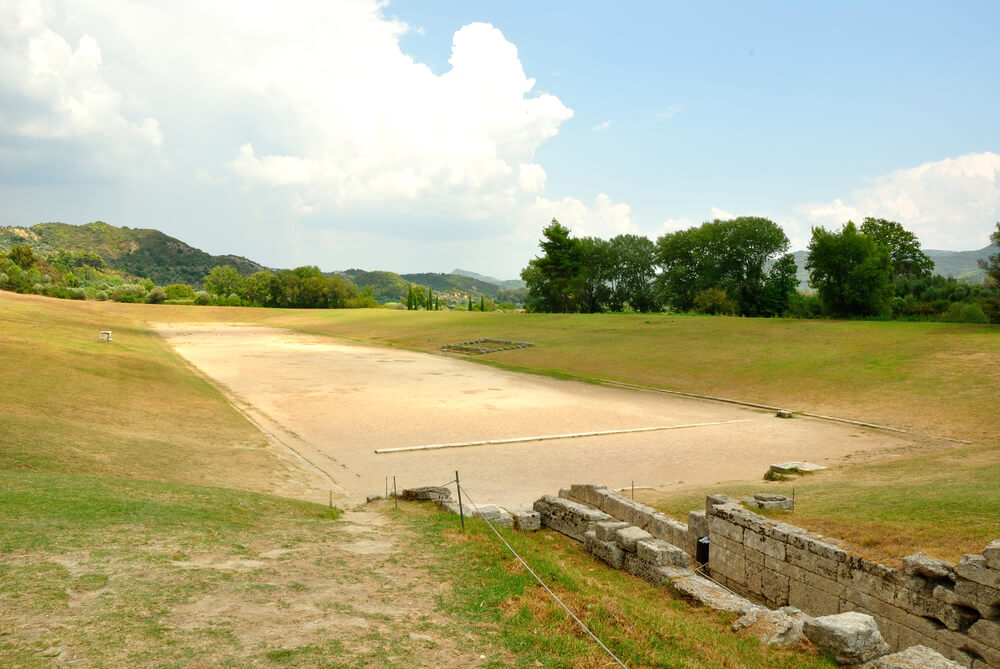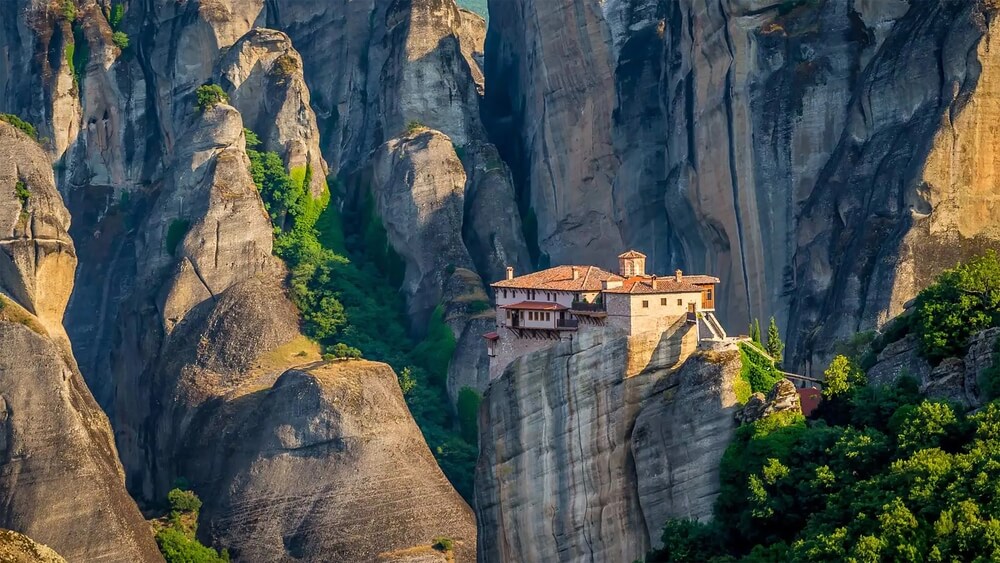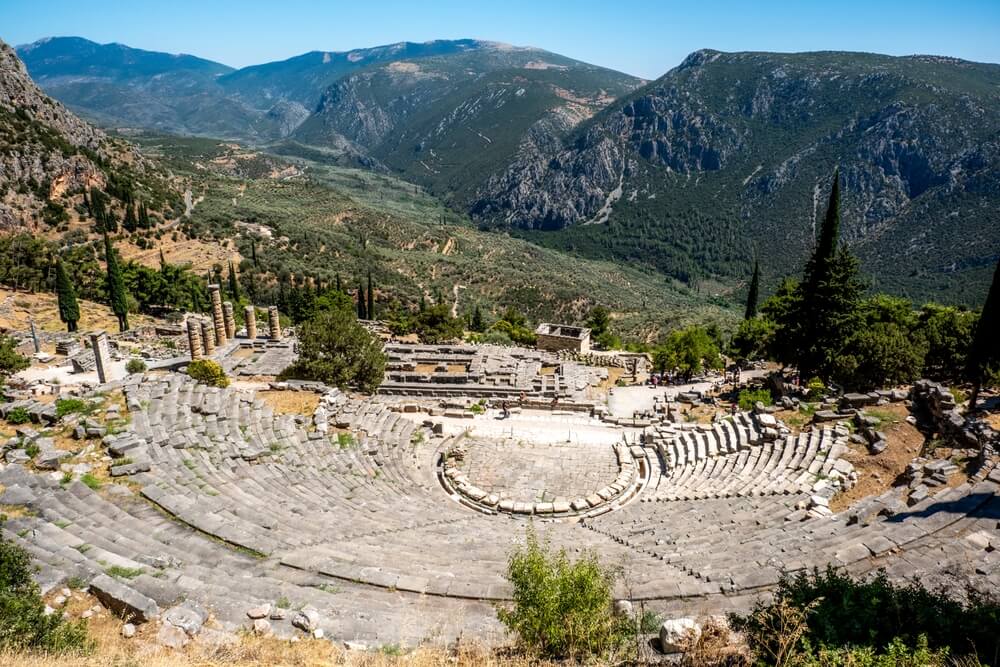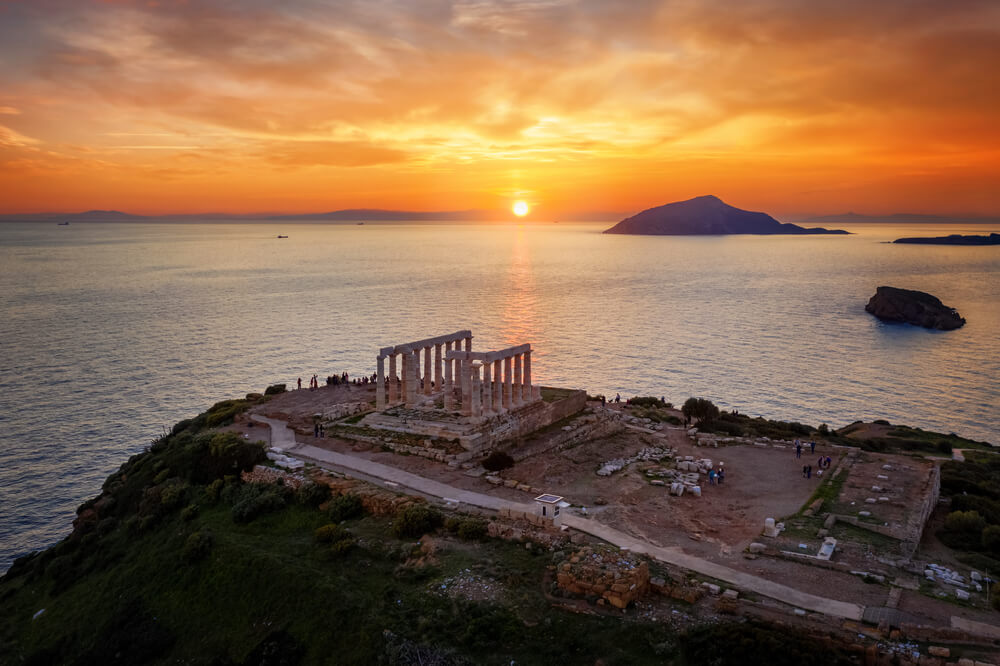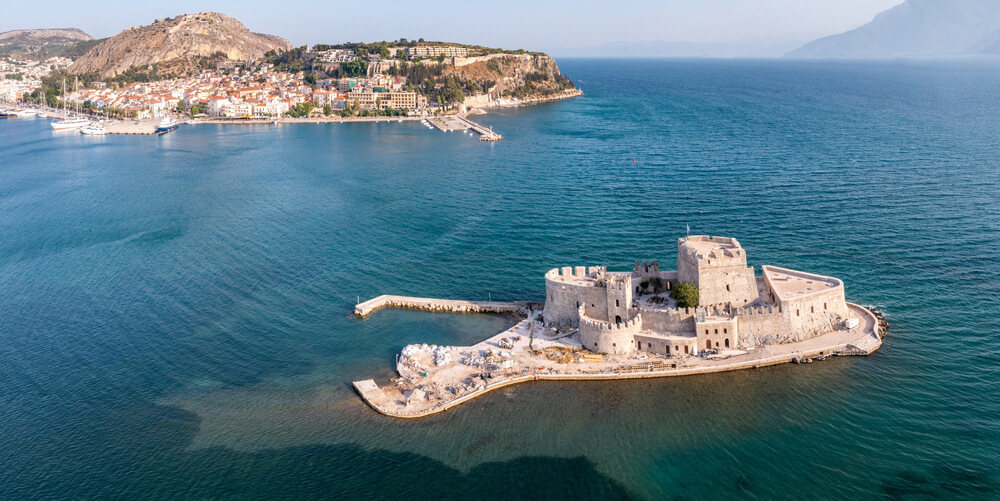Ancient Olympia, located in the Peloponnese region of Greece, is a site of immense historical significance and cultural heritage. As the birthplace of the ancient Olympic Games and a major center of worship for the god Zeus, Olympia is a treasure trove of archaeological wonders that provides deep insights into ancient Greek civilization. This guide explores the rich sports heritage and the remarkable archaeological remains that make Ancient Olympia a must-visit destination for history enthusiasts and travelers alike.
The Ancient Olympic Games: A Legacy of Athletic Excellence
The ancient Olympic Games were held every four years at Olympia from 776 BCE to 393 CE. These games were not only a showcase of athletic prowess but also a major religious festival honoring Zeus. The tradition of the Olympics has had a lasting impact, inspiring the modern Olympic Games that we celebrate today.
The Olympic Stadium
The ancient Olympic Stadium is one of the most iconic landmarks of Olympia. It could accommodate around 45,000 spectators who came from all over the Greek world to witness the games. The stadium’s design, with its elongated rectangular shape and sloped seating areas, provided an ideal setting for athletic competitions. Visitors can walk the length of the stadium, stand at the starting line, and imagine the excitement of the ancient games.
The Temple of Zeus
The Temple of Zeus was the largest and most significant structure in Olympia, housing the renowned statue of Zeus, one of the Seven Wonders of the Ancient World. This colossal statue, created by the sculptor Phidias, was made of ivory and gold and depicted the king of the gods seated on his throne. Although the statue no longer exists, the temple’s ruins provide a sense of its grandeur and the importance of Zeus in ancient Greek religion.
The Gymnasium and Palaestra
The Gymnasium and Palaestra were essential facilities for training athletes. The Gymnasium was a large open area where runners and other athletes practiced, while the Palaestra was a smaller, enclosed space used for wrestling and boxing training. These structures highlight the rigorous training and preparation that athletes underwent to compete in the Olympic Games.
Archaeological Wonders of Olympia
Beyond its sports heritage, Olympia is a site rich in archaeological treasures that offer a glimpse into the life, culture, and religious practices of ancient Greece.
The Archaeological Museum of Olympia
The Archaeological Museum of Olympia is one of the most important museums in Greece, housing an extensive collection of artifacts excavated from the site. Key exhibits include:
- The Hermes of Praxiteles: This exquisite statue, attributed to the sculptor Praxiteles, depicts the messenger god Hermes holding the infant Dionysus. It is celebrated for its graceful form and delicate detail.
- The Nike of Paionios: A striking marble statue of the goddess Nike (Victory), which once stood atop a high pillar, celebrating the victory of the Messenians and Naupactians over the Spartans.
- Bronze Collection: The museum’s collection of bronze artifacts, including weapons, armor, and votive offerings, provides insights into the craftsmanship and religious practices of the ancient Greeks.
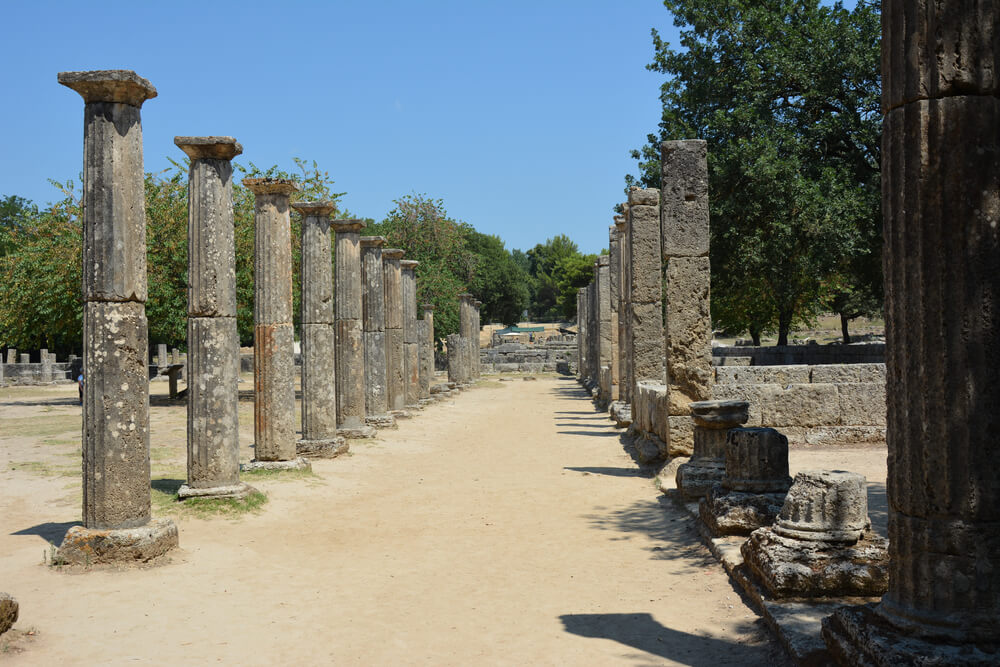
The Temple of Hera
The Temple of Hera is one of the oldest monumental temples in Greece, dating back to the 6th century BCE. It was dedicated to Hera, the wife of Zeus, and played a central role in the religious life of Olympia. The temple is also the site of the lighting of the Olympic flame, a tradition that continues in the modern Olympic Games.
The Philippeion
The Philippeion is a circular memorial built by Philip II of Macedon to celebrate his victory at the Battle of Chaeronea. This unique structure housed statues of Philip’s family, including Alexander the Great, and is a testament to the influence of Macedonian power in ancient Greece.
Modern Experiences in Olympia
While Ancient Olympia is primarily known for its historical and archaeological significance, it also offers modern experiences that complement a visit to the ancient site.
The Modern Olympic Games Museum
The Modern Olympic Games Museum in Olympia offers an engaging overview of the history and development of the modern Olympics. The museum features exhibits on the revival of the games in the 19th century, key moments in Olympic history, and memorabilia from various Olympic events. It’s an excellent place to connect the ancient heritage of Olympia with the contemporary Olympic movement.
The Town of Olympia
The modern town of Olympia, located near the archaeological site, provides visitors with a range of amenities, including hotels, restaurants, and shops. The town’s vibrant atmosphere and friendly locals make it a pleasant base for exploring the area. Visitors can enjoy traditional Greek cuisine, shop for souvenirs, and experience the hospitality of this historic region.
Outdoor Activities
The scenic landscape around Olympia offers opportunities for outdoor activities such as hiking and cycling. The nearby Alfeios River is perfect for rafting and kayaking, providing a thrilling way to experience the natural beauty of the region. These activities offer a refreshing break from exploring the archaeological site and allow visitors to enjoy the diverse environment of Olympia.
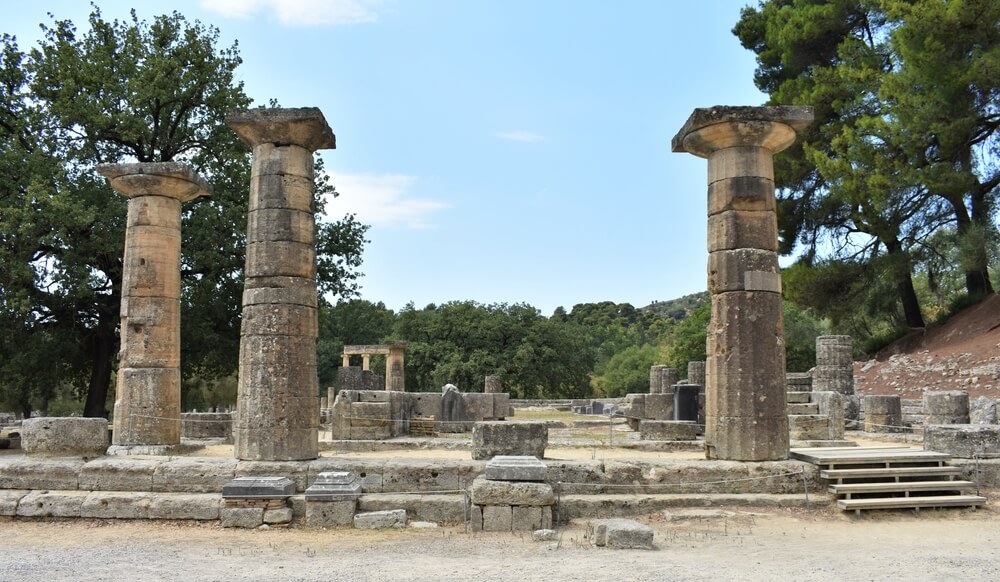
Practical Information for Visitors
Olympia is accessible by road from major cities such as Athens and Patras. The journey from Athens takes about 4-5 hours by car or bus. The archaeological site and museum are open year-round, but it is advisable to visit during the spring or autumn months when the weather is mild and the site is less crowded.
Accommodation options in Olympia range from luxury hotels to budget-friendly guesthouses, catering to different preferences and budgets. Staying in the town of Olympia provides easy access to the archaeological site and other attractions.
Conclusion
Ancient Olympia is a destination that offers a profound connection to the past, with its rich sports heritage and remarkable archaeological wonders. From the iconic Olympic Stadium and the majestic Temple of Zeus to the treasures of the Archaeological Museum, Olympia provides a comprehensive insight into ancient Greek civilization. Coupled with modern experiences and outdoor activities, a visit to Olympia promises a well-rounded and enriching journey through history and culture. Whether you are a history enthusiast, a sports fan, or a curious traveler, Ancient Olympia is a place that will inspire and captivate you with its timeless legacy. You can book your tour now to Ancient Olympia and get the chance to know Greek history better.


